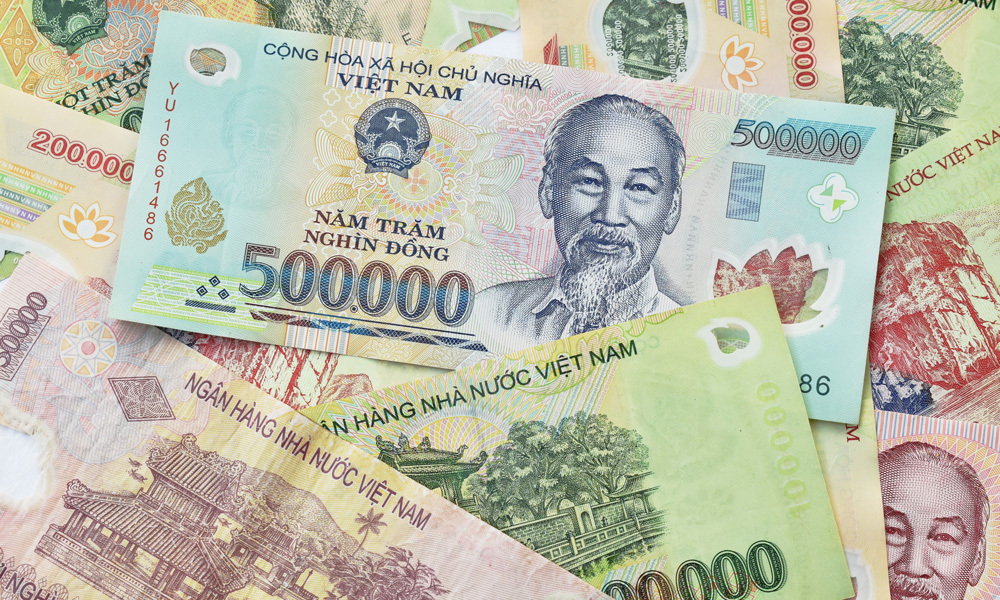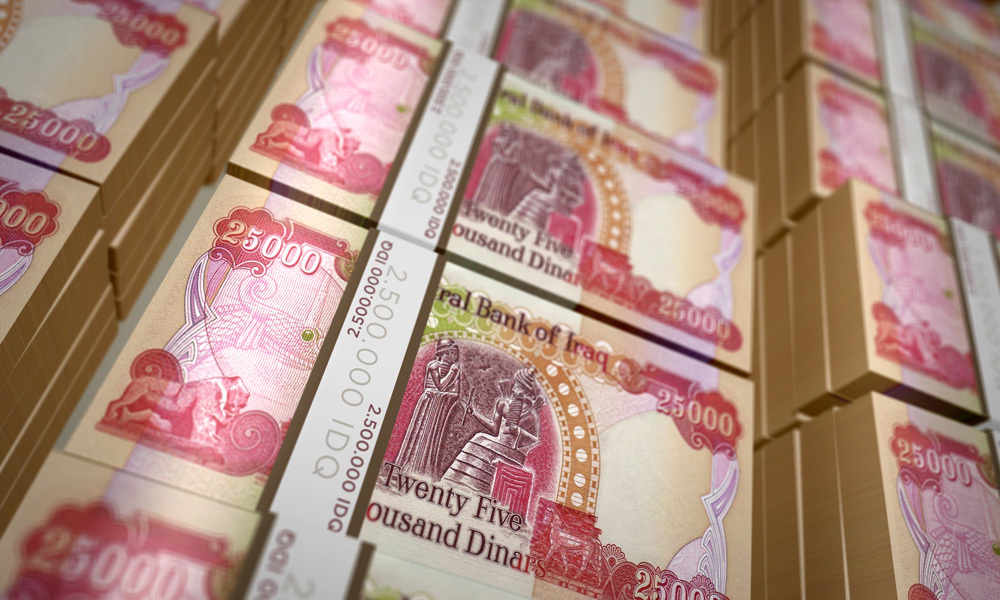No, we’re not talking about laundered money. We’re focused on slugs (not bugs), the counterfeit kind of coin sometimes used to fool a coin-operated laundry washer or dryer, a soda machine, even a parking meter.
There’s likely not a college kid in America who hasn’t slipped 7 quarters into the slots of a laundromat washer or dryer and come up one quarter short of starting the cycle. It is cause and pause for thought…thinking slug.
Using slugs is illegal. Any time.
The world's first parking meter, installed in 1935 and called the Park-O-Meter No. 1, is installed on the southeast corner of what was First Street and Robinson Avenue in Oklahoma City. Where there’s innovation there’s trouble, ‘er troublemakers. The first scofflaws plugged meters with metal disks to see if that would fool the machine. It did. The better mousetrap was just short of 30 years in the making. The parking meter slug detector patent was filed in July 1964 using light sensors and electromagnets to detect differences in metals.
Slugs are usually made from metals differing from those of real coins like cheaper aluminum, tin and lead. Washers as in hardware was one of the most common slugs used before the 1980s. U.S. coins are made of alloys of copper, nickel and zinc. Canadian coins are made mostly of steel with some copper and nickel and euro coins are made of steel, nickel and brass.
Have you ever been on a trip to, say, Italy, kept an unspent genuine 2 Euro in your cache of cash and accidentally tried to use it in a parking meter or soda machine in lieu of a quarter? It jams. And it makes one wonder: how is it that the meter is that smart.
The Canadian quarter was interchangeable with the U.S. quarter in some vending machines until about 2001. In the 1970s and 1980s, the Canadian and U.S. quarters were not only similar in weight, but close in value. Close enough to warrant forgiveness of any perceived crime.
Older meters, laundry machines, you name it, are more prone to be targeted with slugs by criminals. Newer vending machines accept plastic, a form of payment that’s not without its own vulnerabilities or attempts at fraud.
GOT LAUNDRY?
By Rajesh Khunt | January 03, 2019
Latest Posts

November 30, 2023
In the heart of Southeast Asia lies the vibrant and culturally rich nation of Vietnam. Amidst its bustling cities, serene landscapes, and bustling markets, you'll find a currency that reflects not only the country's economic growth but also its commitment to safeguarding the wealth of its citizens a...
Read More
November 29, 2023
Unraveling the Historical Journey of the Iraqi Dinar: From Past Glory to Present Challenges Money plays a vital role in the stability and development of a nation, and throughout history, currencies have evolved, reflecting the socioeconomic and political circumstances of their respective countries....
Read More